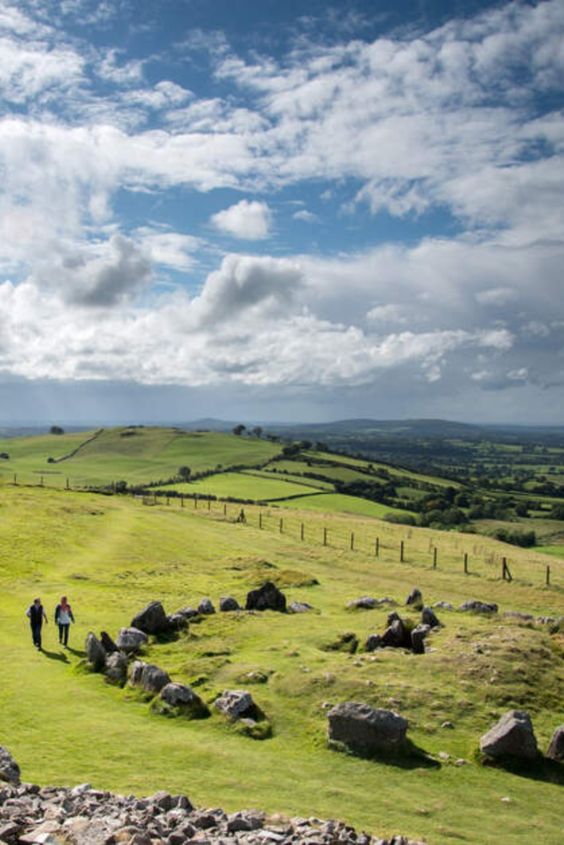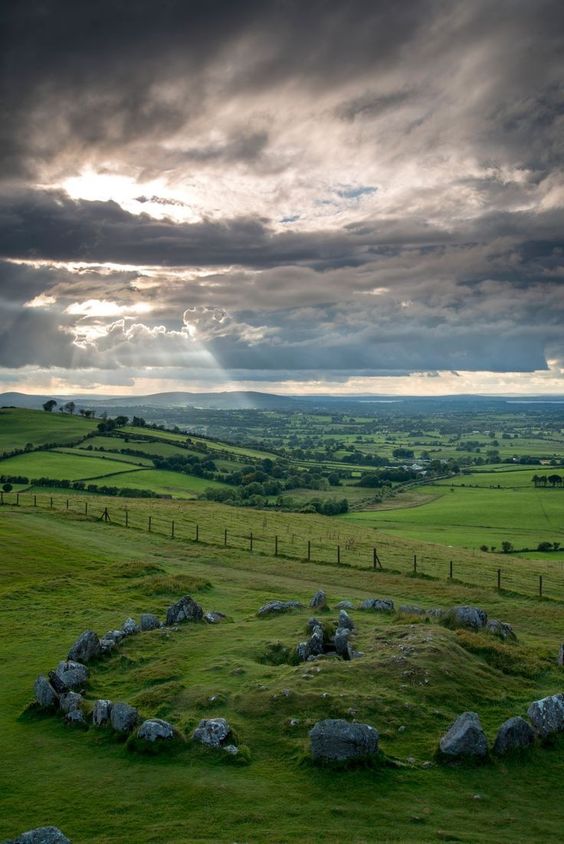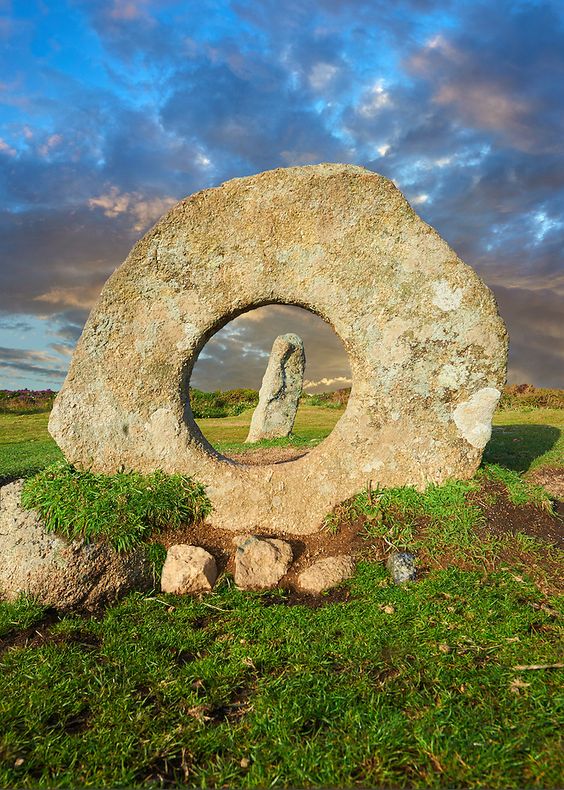Introduction Tucked away in the Syunik province of Armenia lies Carahunge, an ancient site shrouded in mystery. Often referred to as the “speaking stones,” Carahunge predates the famous Stonehenge by thousands of years, dating back to approximately 5500-4500 BC. The site features more than 200 large standing stones, some towering up to 3 meters high, arranged in complex patterns of circles and avenues. But despite its age and potential significance, Carahunge remains underexplored, with its true purpose still unknown.
The Layout of Carahunge: Stones in Patterns
Carahunge stands out due to its large collection of stones, many of which have holes drilled through them. These stones are arranged in a variety of patterns, including circles and straight paths that appear to have been designed with purpose. The sheer size and number of the stones—some weighing several tons—pose intriguing questions about the methods and intent behind their arrangement. Could this site have been a sacred space, or was it constructed with a more practical use in mind?

Astronomical Observatory Theory
One of the most compelling theories about Carahunge is that it may have functioned as an ancient astronomical observatory. The drilled holes in the stones are often aligned with specific celestial events, such as the solstices and equinoxes. Some researchers believe the stones could have been used to track the movement of the stars, planets, or even particular constellations. This suggests that the builders of Carahunge had a sophisticated understanding of the cosmos thousands of years ago.
However, this theory is still debated. While it’s true that ancient cultures were known to align their monuments with celestial events, the exact purpose of the holes in the stones remains unclear. More research is needed to determine whether Carahunge was indeed a sophisticated observatory or if its connection to the stars was more symbolic than functional.

Ritual Significance and Spirituality
Another hypothesis proposes that Carahunge was a sacred space, used for religious or ritualistic purposes. The name “speaking stones” hints at a spiritual significance—perhaps the stones were thought to have communicative powers or to serve as a medium between humans and the divine. In ancient cultures, large stones and megalithic structures often symbolized connections to the earth, the heavens, or the ancestors. It’s possible that Carahunge held a similar role, with its layout and design representing cosmic or spiritual beliefs.
The lack of artifacts around the site, however, makes it difficult to confirm this theory. Unlike other ancient sites, where religious relics or tools were found, Carahunge offers little physical evidence of its original use, leaving much of its meaning to speculation.

Carahunge’s Global Connections
What adds another layer of intrigue to Carahunge is its potential connection to other megalithic sites across the globe. Recent studies have drawn parallels between Carahunge and monuments in Britain, France, and other parts of Europe. This raises questions about whether early civilizations had some form of communication or shared knowledge, despite being separated by vast distances.
Could Carahunge be part of a broader network of ancient sites that had a common purpose, whether religious, astronomical, or otherwise? The similarities between these structures suggest that ancient cultures may have had more in common than previously thought, opening the door to further exploration of these early societies.
The Future of Carahunge Research
Despite its rich history and potential significance, Carahunge remains relatively unexplored. Political and logistical challenges have limited the amount of research conducted at the site, leaving many of its mysteries unsolved. However, ongoing efforts by archaeologists and researchers aim to uncover more about this ancient marvel.
As technology advances, new methods of studying Carahunge—such as ground-penetrating radar and satellite imagery—could offer clues that were previously inaccessible. Future excavations may reveal more about the people who built Carahunge, their beliefs, and the role the site played in their society.
Conclusion: A Hidden Marvel Awaiting Discovery
Carahunge stands as one of the world’s great archaeological enigmas, with its meaning and purpose still tantalizingly out of reach. Whether it served as an astronomical observatory, a sacred space for rituals, or something entirely different, Carahunge offers a fascinating glimpse into the lives of an ancient civilization. As research continues, this overlooked marvel could one day unlock secrets about the distant past, shedding light on the early peoples who once roamed these lands. Until then, Carahunge remains a silent but powerful testament to humanity’s enduring quest for knowledge and meaning.

